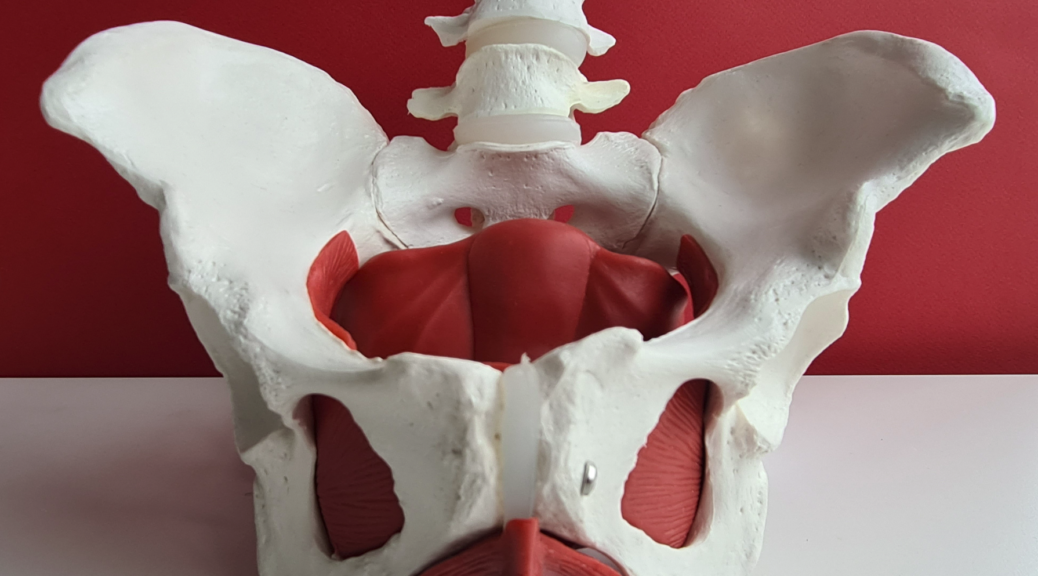First hours in breastfeeding
The first hours of life are important for the initiation, establishment, and maintenance of breastfeeding. It has been widely demonstrated. What makes it so important? The first latch creates a lasting impact on the newborn in the way they latch onto and suckle at the breast. As for early initiation, although it has not been explicitly evaluated, evidence suggests that there are positive benefits that influence higher breastfeeding rates at discharge and in its duration. As healthcare professionals, how can we…









